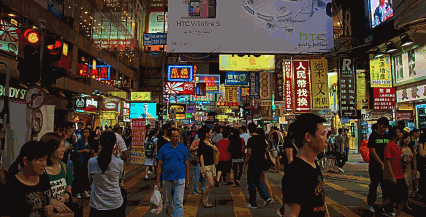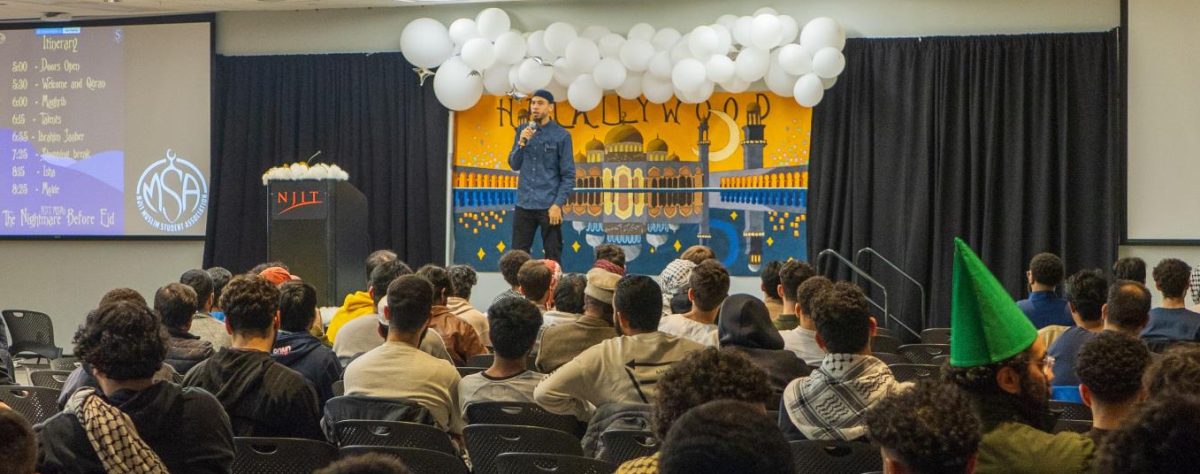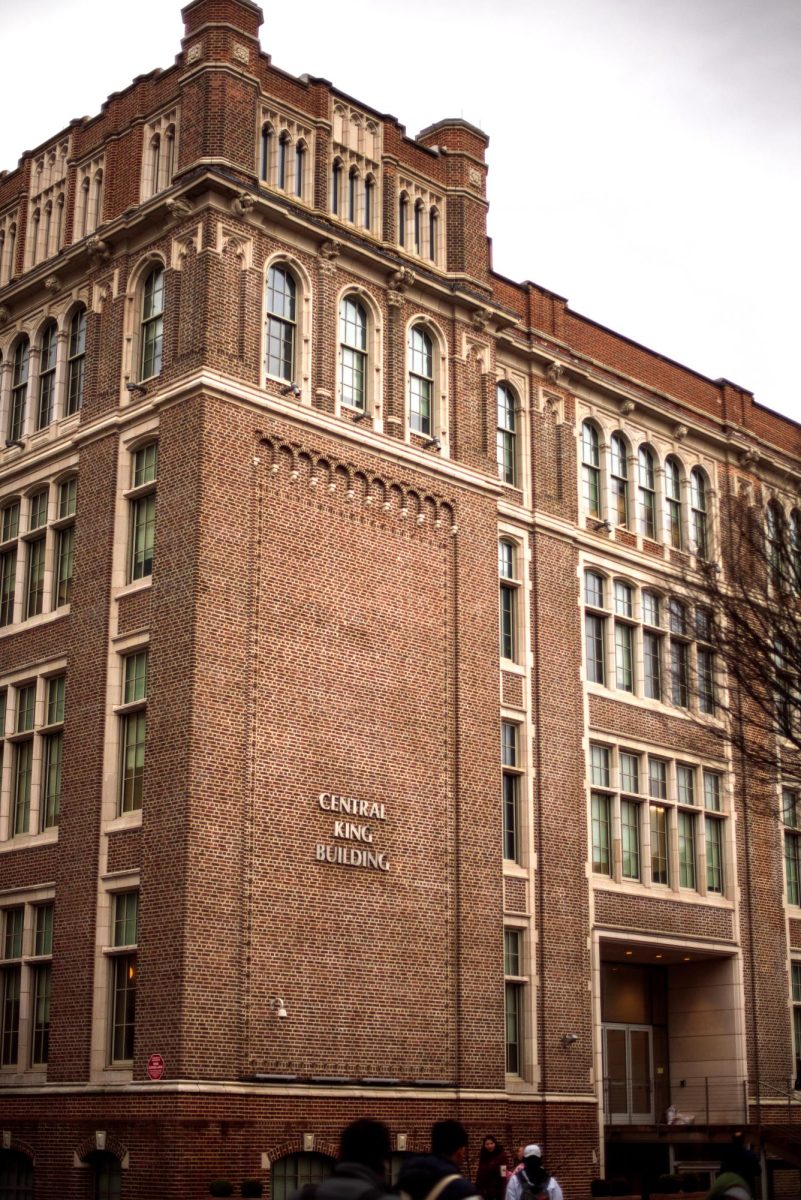Thomas Mundy
Hong Kong has a culture and history unlike anywhere else in the world. Western culture has a strong and lasting impact in Hong Kong because of historical British influence. The British obtained Hong Kong as a trading colony after the first opium war from 1839 to 1842. England was in control of the colony from then until 1997, except for a brief period during World War II when Japan gained control of the colony. During this time, traders from the east, other parts of China and all over Asia came to Hong Kong to trade in Chinese goods. Hong Kong became a land of opportunity where people from all over the world exchanged cultures and ideas.
In 1997, the territory was handed over to China, but under special conditions formed under the “one country, two systems” principle: Hong Kong would be part of China, but maintain its own laws, capitalist system, and freedoms. The citizens of Hong Kong are subject to the Chinese Constitution, but have an additional constitution with added rights that Chinese do not have. These rights include freedom of speech, religion, and the right to strike. The laws in Hong Kong almost mimic British Common Law. In China, speaking against the government or striking is illegal, as they think it impedes their progress as a society.
Being a major financial center, a trading hub, a place enjoying a great degree of individual freedom, and a city where a large percentage of people speak English, people from all over the world are attracted to live here. While Hong Kong is very Asian, it caters to Westerners to a large degree. You can find several English pubs, decent pizza, and many clubs playing Western pop music. It took some searching, but I even found some Mexican food in the city. On Hong Kong Island, where much of the financial industry is located, some streets feel like they could be transplanted into Manhattan and not seem out of place at all. The presence of international English speakers and the scale and style of the architecture really makes central Hong Kong feel much like New York City.
While Hong Kong is very westernized now, even with the one country, two systems policy it is not immune to communist Chinese influences. Many of the TV channels in Hong Kong are Chinese. In China, the government controls what stations are played and in turn, what messages are conveyed. Chinese TV are low quality and low budget because there is no competition in the TV industry. It only promotes the messages endorsed by the government. The local students rarely watch Chinese TV channels, and instead illegally download or stream shows and movies from America or Korea. One student told me that he likes the freedoms in America, because he can freely burn the flag in the street and say “f**k the president” out in the open in protest. Flag burning is illegal in Hong Kong, but it is still legal to criticize Chinese politicians. However, some students think this speech will be limited within the next 10 years. The Chinese government is already making efforts to change the school textbooks in Hong Kong, which will rewrite historical events to portray the Communist Party in a better light.
My observation is that those that work and live in Hong Kong think of the mainland Chinese as unsophisticated economically, culturally, and politically. Locals in Hong Kong do not want to be considered Chinese, and do not want to fully become part of China in the next few decades. In Hong Kong newspapers, there are stories constantly complaining about mainland Chinese tourists. The complaints are that they ignore traffic rules, litter, are too loud, spit in public areas, and do not flush toilets. There is an outcry in some media calling for a harsher limit of Chinese tourism to Hong Kong. Signs in the subway station remind people not to spit.
I hope that Hong Kong can find a way to decide its own destiny, instead of being forced into become more Western or Chinese by whoever happens to have power over the country at any given time. Such a unique and international city should be its own country without a time limit on its independence and freedoms imposed by China. Hong Kong’s current economic and legal systems are far from perfect, but they clearly allow more freedom and prosperity than that which exists throughout China.































